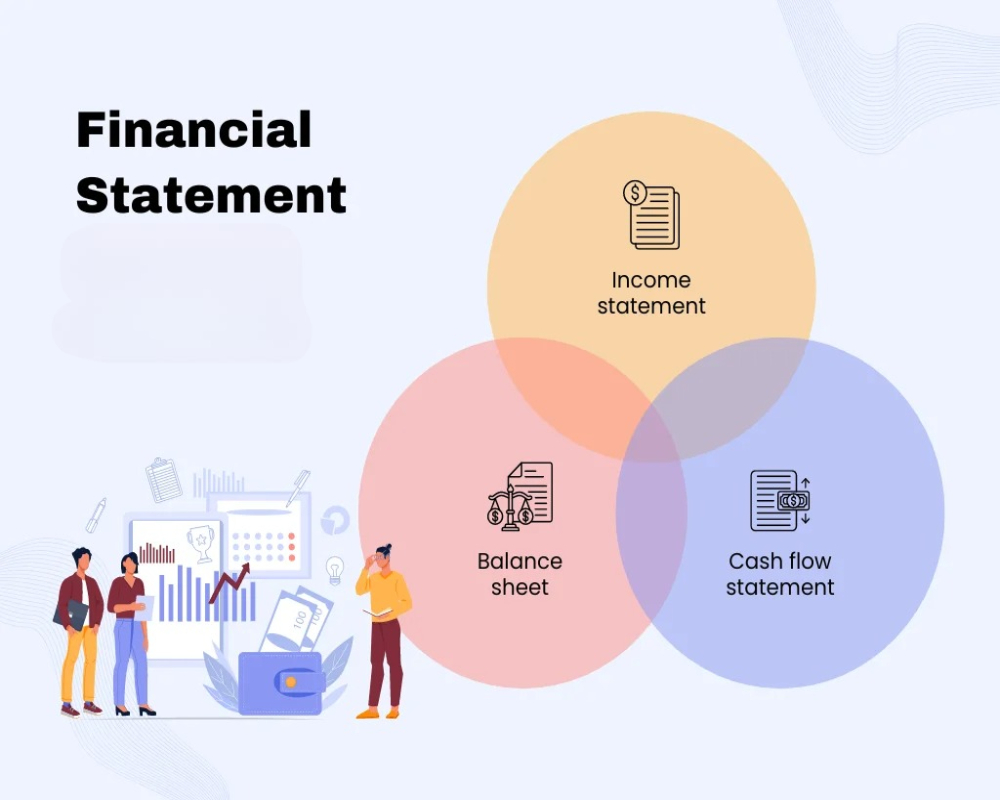Introduction
Nidhi Companies, being mutual benefit societies under Section 406 of the Companies Act, 2013, and the Nidhi Rules, 2014, are required to maintain accurate financial records and submit audited financial statements annually. These statements include the Balance Sheet, Profit and Loss Account, Cash Flow Statement, and accompanying notes. The statutory audit conducted by a Chartered Accountant is an independent evaluation to ensure that the financial statements present a true and fair view of the company’s affairs. This explanation details how auditors evaluate financial statements in the context of a Nidhi Company audit.
Verification of Balance Sheet Items
The auditor starts by examining the Balance Sheet, which lists the company’s assets, liabilities, and equity as of the closing date. Key items evaluated include cash and bank balances, fixed assets, outstanding loans, member deposits, net owned funds, and statutory reserves. Each line item is matched with supporting documentation such as ledgers, bank statements, and fixed deposit receipts to verify accuracy and existence.
Review of Profit and Loss Account
The Profit and Loss Account reflects the income and expenditure of the company during the financial year. The auditor verifies the primary sources of income, such as interest earned on loans and service charges, against the company’s records. Operating expenses like employee salaries, administrative costs, interest paid on deposits, and depreciation are reviewed for legitimacy and proper categorization.
Interest Income and Loan Records
Since lending is a core activity of Nidhi Companies, the auditor pays special attention to the loan ledger and interest collection. Each loan is checked for member eligibility, security provided, disbursement records, and repayment status. Interest calculations are verified to ensure they conform to the capped rates as per the Nidhi Rules. Overdue and non-performing loans are assessed for provisioning requirements.
Deposit Register and Member Contributions
The auditor examines the deposit register to confirm that all deposits have been received from members only and are within the permitted limit of 20 times the net owned funds. Types of deposits, such as savings, fixed, and recurring, are matched with member passbooks, receipts, and internal records. Interest paid to depositors is recalculated and verified.
Cash Flow Statement and Liquidity Position
The Cash Flow Statement is analyzed to evaluate the liquidity position of the company. Inflows from deposit collections and loan repayments are compared with outflows like loan disbursements and operating expenses. The auditor ensures that the Nidhi maintains the required 10% liquid assets against total deposits and checks for instances of cash mismanagement.
Examination of Notes and Disclosures
Auditors evaluate the notes to accounts for completeness and clarity. These notes should include disclosures related to related party transactions, contingent liabilities, accounting policies, and director remuneration. Accurate disclosures ensure that financial statements are not misleading and comply with the Companies Act and accounting standards.
Compliance with Accounting Standards
Nidhi Companies are expected to follow prescribed Indian Accounting Standards (Ind AS) or generally accepted accounting principles. The auditor checks whether the company has followed these standards consistently across financial reporting. Deviations, if any, must be justified and disclosed.
Identification of Errors, Omissions, and Fraud Indicators
Auditors use analytical procedures to identify discrepancies, omissions, or suspicious trends. These may include sudden changes in income, unexplained expenses, inflated assets, or unrecorded liabilities. Any irregularity is investigated and noted in the audit report, along with suggestions for corrective actions.
Conclusion
The evaluation of financial statements during a Nidhi audit is a detailed and structured process aimed at ensuring transparency, accuracy, and compliance. By scrutinizing the balance sheet, income statement, loan records, and disclosures, auditors provide an independent opinion on the financial health of the company. This evaluation protects the interests of members, strengthens governance, and supports regulatory oversight. A clean and compliant audit report is essential for the long-term sustainability and trustworthiness of a Nidhi Company.
Hashtags
#NidhiAudits #FinancialStatements #AuditEvaluation #FinancialAnalysis #NidhiCompanies #AccountingStandards #FinancialReporting #AuditProcess #ComplianceAudit #FinancialHealth #RiskAssessment #InternalControls #FinancialTransparency #NidhiRegulations #AuditInsights #FinancialDueDiligence #CorporateGovernance #FinancialPerformance #AuditBestPractices #NidhiFinance


0 Comments